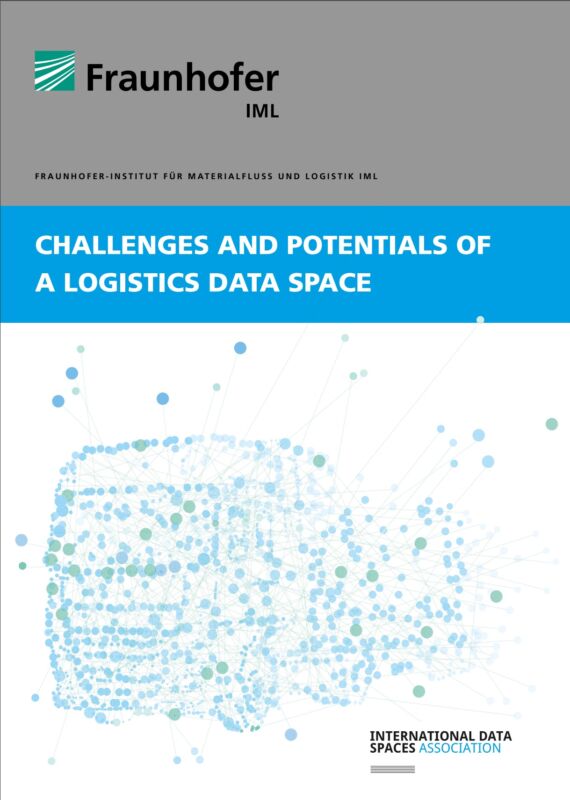CHALLENGES & POTENTIALS OF A LOGISTICS DATA SPACE
Managing data is a major success factor for logistics companies. As logistics represents a key discipline for implementing Industry 4.0, it needs to become even more digital and data-driven than it is today. This involves, for example, by means of data science and machine learning, allowing logistics companies to optimize both their internal processes and their customers’ supply chain.
However, the data infrastructure of the logistics industry is characterized by a large number of local data islands, making it difficult to integrate the data and create business value from it. As a result, a lot of potential in cross-company or collaborative processes in the supply chain cannot be leveraged. The aim of the International Data Spaces (IDS) is the establishment of a virtual space for the standardized, secure exchange and trade of data while keeping full sovereignty over it. For this purpose, a scalable and secure architecture, that is based on modern IT technologies, has been proposed.
Because logistics creates and connects global value chains, its need for standardized and secure infrastructure to exchange data is extraordinarily high. Leveraging the IDS for the logistics industry demands for a domain-specific instantiation that addresses the characteristics and complex nature of global supply chains and transportation networks. This is why a Logistics Community was founded within the IDSA. The community aims at adopting and extending the general concepts of the IDS to provide a specific implementation of a Logistics Data Space.
The new paper answers in detail the question – why should the industrial data space be used in the logistics sector? It illustrates challenges and potentials, presents application models and cases in logistics.
For the position paper: Link










